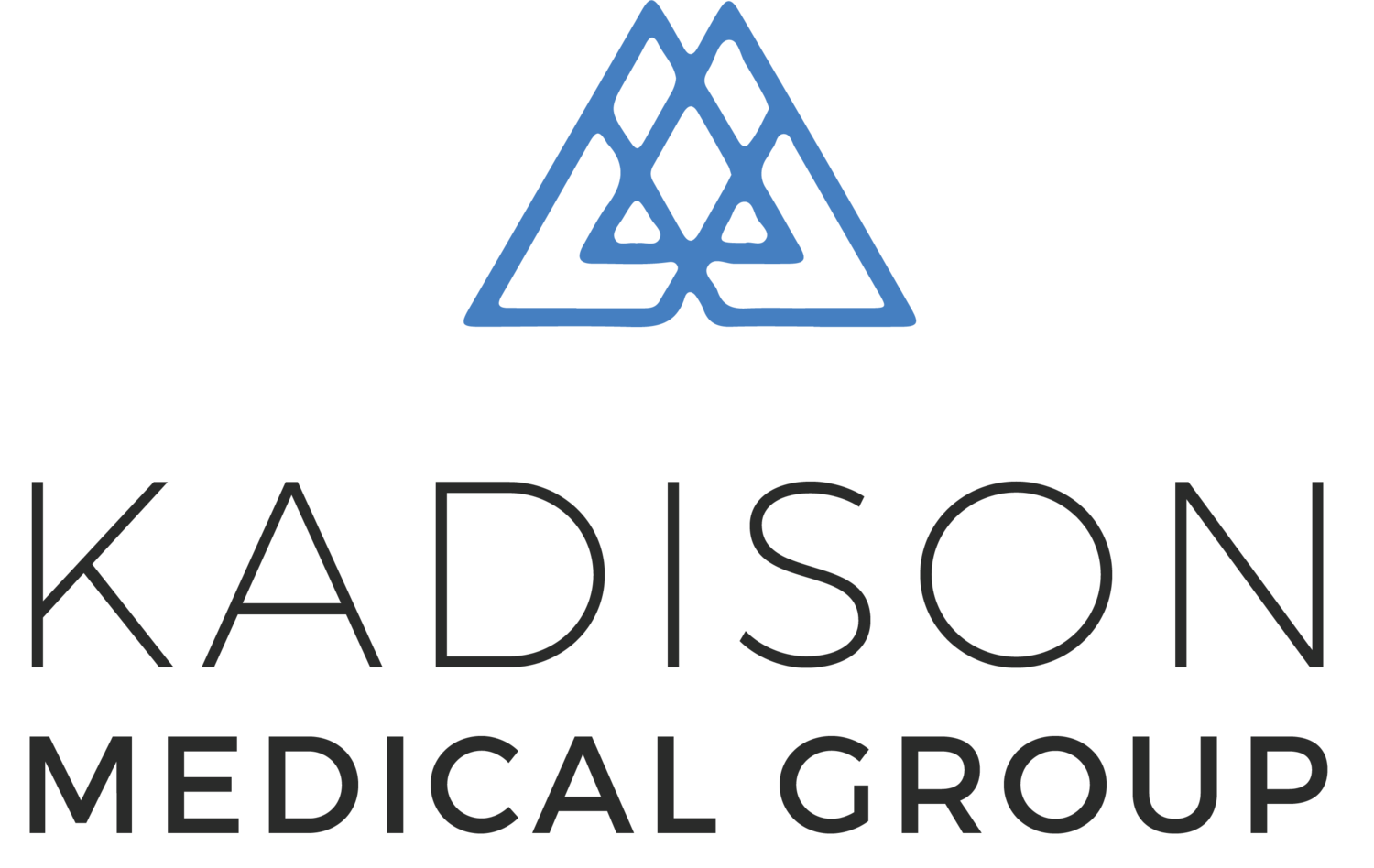The statistics are shocking: 80% of Americans are overweight and recently, 60% have been declared obese. People are confused about what to eat and what not to eat and the internet is overflowing with information about nutritional wellness. The human body is very adaptable (out of necessity in many cases): native Americans subsisted on beans and maize with animal protein when they could get it, the Masai , cattle blood, meat and milk, and the Inuit of Greenland, whale blubber and lichen.
Snowballing rates of obesity, diabetes, cancer, and heart disease in the U.S., however, have been linked to our Western diet. So, how do we change?
There are many diets out there-- some work, some don’t, and most are not sustainable or healthy long term.
Having studied food and nutrition long and hard my entire life, I agree with Michael Pollen, who in addressing an overflow crowd Center for Disease Control (CDC) Scientists in March 2009, summed up healthy eating in 7 words:
EAT FOOD, NOT TOO MUCH, MOSTLY PLANTS
EAT FOOD means real food—vegetables, fruits, whole grains, and fish and meat if you choose. Avoid edible “food-like” substances.
Here are seven simple rules to clarify the 7 words:
Don’t eat anything your grandmother wouldn’t recognize as food. Don’t eat anything with more than five ingredients, unless you put them in yourself. Don’t eat anything with an ingredient in it that you cannot pronounce or agree the food requires. For instance, why eat anything containing a “preservative”?
Stay out of the middle of the supermarket, shop the perimeter where the produce and meat, dairy sections are. Don’t eat anything that won’t eventually rot—with exception of things like honey.
Always leave the table a little hungry. Adopt a saying: “eat until you are four fifths full” or “tie off the sack before it is full”, for instance. Don’t let your eyes be bigger than your stomach.
Enjoy meals with people you love, take your time. Don’t buy food where you buy your gasoline. There is not much real food there and 20% of food is eaten in cars!
Move to a mostly (or completely) plant-based diet. Plants contain virtually all the nutrients that human beings require to flourish and prevent disease.
Balance your diet. Don’t eat too much of any one good thing-- for example, many plants contain oxalate --too much oxalate in the diet can cause kidney stones. Eat a variety of foods in moderate amounts. Do not take too much of any one supplement, if you take supplements at all.
Create a sustainable healthy diet that works for you, following the rules above. There is not right or wrong answer (see the adaptability comment above) but there is an answer for you!
Important note: People with diseases and conditions such as diabetes, heart disease, and others may require modification of these rules. Consultation with a physician and nutritionist is strongly advised. We have a nutritional support team at Kadison Medical Group, are closely connected with diabetes educators and Dr. Kadison is available to provide guidance in developing a personalized nutrition plan for you.

